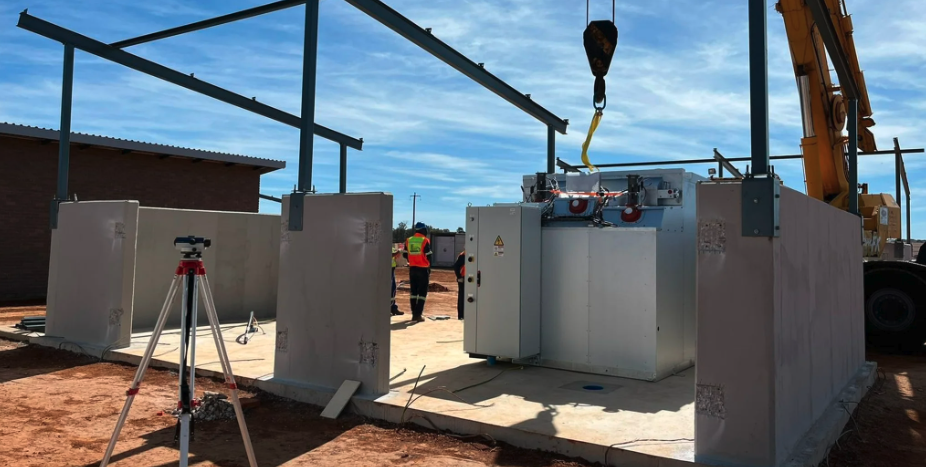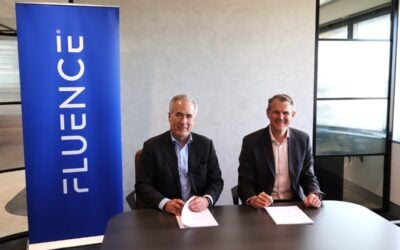
The past week has seen thermal energy storage solution companies strike or execute on commercial deals across Norway, Greece, Israel and South Africa.
Kyoto Group
In Norway, Kyoto Group has signed a letter of intent (LOI) with corrugated cardboard manufacturer Glomma Papp to enter into a supply agreement for Kyoto’s thermal energy storage solution, the Heatcube. A system could be commissioned as early as summer 2023.
Enjoy 12 months of exclusive analysis
- Regular insight and analysis of the industry’s biggest developments
- In-depth interviews with the industry’s leading figures
- Annual digital subscription to the PV Tech Power journal
- Discounts on Solar Media’s portfolio of events, in-person and virtual
The company’s solution is a molten salt-based battery ranging from 4MWh to over 100MWh, and with discharge load up to 25MW. It started a pilot battery in February 2020 which is now dimensioned for loads up to 1MW.
In March, the company acquired Mercury Energy, a Spain-based firm holding a number of intellectual property rights (IPRs) related to the development of thermal energy storage, which it then renamed Kyoto Technology Spain.
Azelio
Based in Norway’s neighbouring country of Sweden, thermal energy storage group Azelio has announced that its solution has been installed at mixed farming company Wee Bee’s site in South Africa.
The company has installed the first TES.POD units at the North West Province location, which has a ‘current grid connection that is unreliable, expensive and fossil-based’ according to a press release. Energy-Storage.news reported the news of the order which was made in November 2021.
The TES.POD stores energy at 600°C heat in a phase change material (PCM) made of a recycled aluminium alloy which can then drive a Stirling engine, converting the energy into electricity.
In Wee Bee’s case, the TES.POD will charge from solar PV and provide both dispatchable heat and electricity to reduce the site’s CO2 emissions. The company’s order totals eight TES.POD units.
Brenmiller Energy
Israel-based Brenmiller Energy has ordered US$1.4 million worth of equipment for the expansion of its production facility under construction in Dimona, Israel. The equipment will be delivered in November and the company expects the facility to have an annual production capacity of 4,000MWh by end-2023.
Brenmiller’s bGen system heats crushed rocks to 600° Celsius which can then store that thermal energy for minutes, hours or days. The stored heat energy can then be used to produce energy in the form of steam, water or hot air for industrial applications.
The company recently inaugurated a 1MWh system in Brazil, as reported by Energy-Storage.news.
Rondo Energy
A relatively new player in the thermal energy storage space is California-based Rondo Energy, which raised US$22 million in a Series A in February 2022, including participation from Bill Gates’ Breakthrough Energy Ventures. Breakthrough has invested in various thermal energy storage startups, including Antora Energy.
Then in July, it announced it was working with another investor, Greece-based TITAN Cement Group to develop new concepts for decarbonising its industrial production processes.
The company is vague on its thermal energy storage technology, describing its product as the Heat Battery and saying it can charge from renewable energies and deliver continuous heat at temperatures up to 1,500° Celsius.
The most detail provided on its website is that it is made from ‘bricks made from safe, widely-available materials’.






